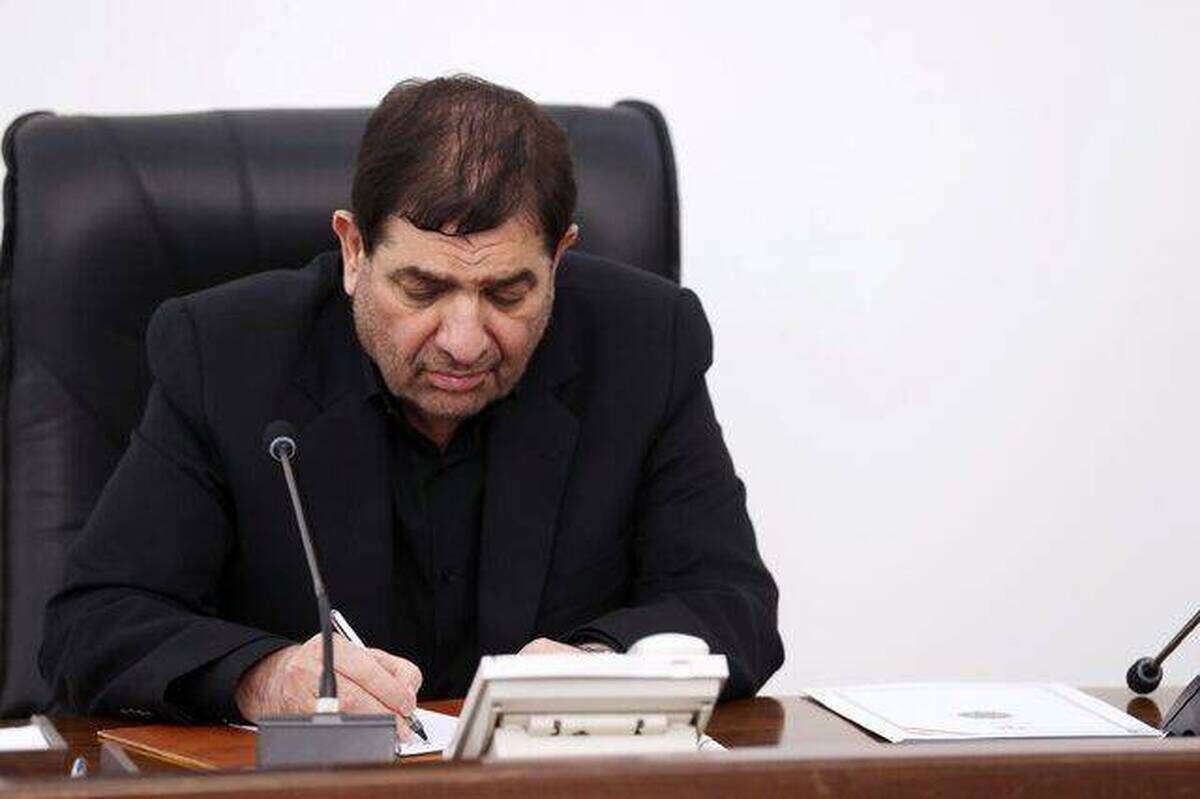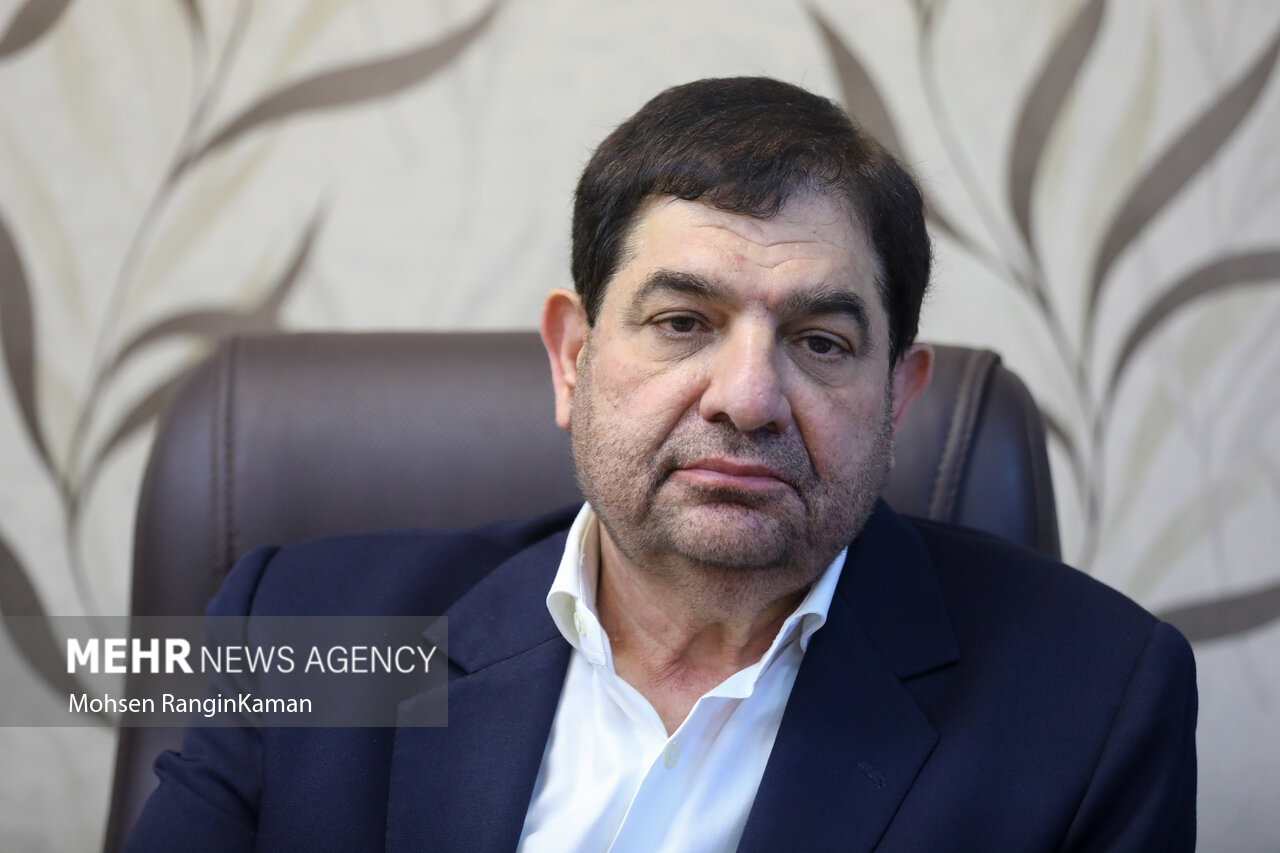Tunisia: Thousands protest in Gabes against chemical plant pollution
Tunisia: Thousands protest in Gabes against chemical plant pollution

Several thousand residents staged a demonstration in Gabes, a city in southern Tunisia, on Wednesday to demand the closure of a chemical complex, after numerous cases of intoxication in recent weeks.
On Tuesday, dozens of people living near the Tunisian Chemical Group (GCT), including schoolchildren, suffered fainting fits attributed to the plant, which produces phosphate-based fertilisers.
Footage posted on social media shows unconscious young people being carried by firefighters or transported in an ambulance with oxygen masks over their faces.
According to a local official, 122 people were treated or hospitalised, the AFP news agency reported, including cases of suffocation, leg pain and numbness.
This was the third such episode since early September, following the hospitalisation of around 20 people on 9 September and 50 more on 10 October.
The rise in cases has rekindled anger among Gabes residents, who have long denounced GCT’s pollution of their environment - from beaches strewn with waste and the collapse of the fishing industry to polluted groundwater and air saturated with chemicals.
Residents say the pollution has caused respiratory illnesses and an unusually high rate of cancer in a population already burdened by structural inequality and poverty.
The crowd on Wednesday was the largest since protests began in the southern coastal city last Friday, with residents turning out in response to a call from the Stop Pollution collective.
"Gabes wants to breathe!" "The people want the dismantling of polluting plants!" And "We have the right to live in a clean city!" chanted the protesters, who included families with children.
Tunisians elsewhere in the country have shown their support online with the hashtag "We are all Gabes".
Repression and increased production
When the protesters arrived near the immense plant on Tuesday, police fired large amounts of teargas to disperse the crowd, causing several people to faint.
Last Saturday, during another demonstration, protesters were also dispersed with teargas as police and army units were deployed.
The use of force sparked outrage, with many observers and activists denouncing a "disproportionate" response to a peaceful citizen movement.
While various environmental issues, including water shortages, have driven Tunisians to demonstrate in recent years, the protests are often met with repression from the authorities.
In June, three protesters who participated in a demonstration in Gabes were arrested and sentenced to prison terms ranging from two to four months for disturbing public order.
An Amnesty International report published that month denounced the repression of environmental activists in the country, who are arrested, investigated or prosecuted for peaceful protesting.
Since the coup carried out by President Kais Saied in 2021, Tunisia has experienced an authoritarian regression, with several dozen activists, journalists and politicians imprisoned.
On Sunday, 25 local NGOs, including the Tunisian Human Rights League, called for the "dismantling of polluting plants and the establishment of a regional development model as an alternative to slow death and pollution".
In response to the protest, Saied criticised a lack of maintenance at the 53-year-old plant and dispatched a team from the industry and environment ministries.
The president, who earlier this month had denounced what he called an "ecological assassination" in Gabes, affirmed his commitment to promoting "a green Tunisia, free of all pollution".
However, with phosphate as Tunisia’s main natural resource, the state finds itself torn between a desire to develop this strategic sector amid an economic crisis and its 2017 commitment to gradually close the Gabes plant.
Although phosphogypsum, a waste product from phosphate fertiliser production, was previously classified as hazardous, the government reclassified it in March as a material that can be exploited under certain conditions.
Saied also ordered the resumption of phosphate production and a near fivefold increase in fertiliser production, to 14m tonnes per year by 2030, to capitalise on rising global prices.












